Saturday Soapbox: Stop Motion
Fable: The Journey's miserable performance suggests that Microsoft's experiment may well be over.
Watching Microsoft's E3 conference back in 2009, it felt as if video games were about to take over the world. Some of Los Angeles' biggest names assembled to pay lip service to a medium on a giddy ascent, and it all built to an electric climax with the unveiling of the nascent Project Natal.
"The gamer in me went out of my mind when I interacted with this," enthused Steven Spielberg as Don Mattrick stood over him, the Microsoft man's grin threatening to consume the entire Galen Center. "I felt I was present at a historic moment - a moment as significant as the transformation from the square-shaped movie screen to Cinemascope and then to Imax."
It wasn't Spielberg who was the biggest star of the night, of course - nor was it Paul McCartney or even that other chap who once played the Fat Controller. Lionhead and Molyneux's electric child Milo was the eerie embodiment of everything that Natal promised, and overnight he became the poster child for this strange new future of motion control.
We all know what happened next, and Milo's tale recently reached a sad conclusion of sorts. Fable: The Journey, the game into which parts of Lionhead's tech demo were folded, released to muted reviews and an even more subdued commercial response, limping in to number 37 in the UK charts earlier this week. Kinect's own journey, from the bravado and ambition of its announcement to the broken promises and awkward contrivances of many of the core games that supported it, feels like it's reached a conclusion too.
The relationship between core games and Kinect was uncomfortable from the start, kicking off in spectacularly ignoble fashion with Fighters Uncaged. Come the second wave and things were little better: Steel Battalion was a flop, designed for a device with more fidelity than Kinect could ever offer, while the likes of Diabolical Pitch also fell foul of the sensor's inaccuracies.
Those shortcomings have been combed over well enough before, and they're enough to ensure that even Microsoft seems to have turned its back on the idea of Kinect as a core games motion controller. Gears of War: Exile, a Kinect-fuelled instalment of the dudebro series, never even made it to announcement, while other efforts such as the Panzer Dragoon-inspired Crimson Dragon have gone completely AWOL.
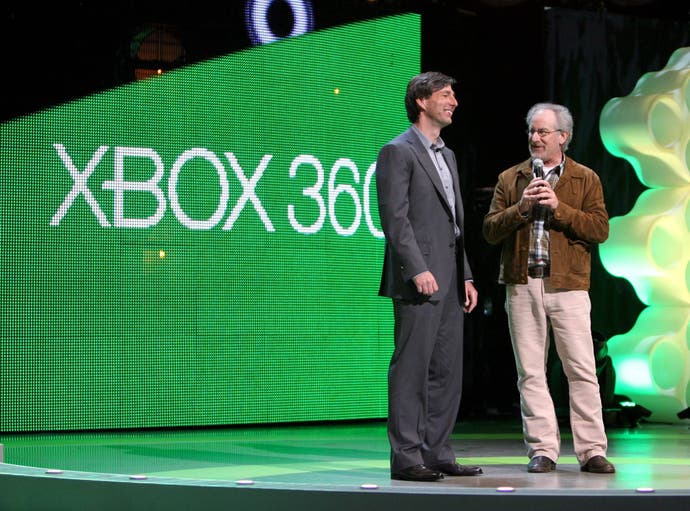
Microsoft's 2012 games now lean lightly on the device - although they do so wisely. After Halo Anniversary's wayward experiments with Kinect, Halo 4 passes up the opportunity to integrate the controller altogether, while Forza Horizon limits its use to a series of voice-activated commands - an approach shared by Q4's other Kinect-enabled big-hitters, Need for Speed: Most Wanted and FIFA 13. That 'Better with Kinect' strapline rings emptier all the time.
It's wrong to suggest that Kinect's been a failure - sales of the device defiantly prove otherwise, and it's certainly thrown up its share of interesting experiences. The thing is, dancing games aside, Kinect's most impressive achievements have been when it's powering things that aren't really games at all, the highest accolade on this site being awarded to Double Fine's joyful mix-bag Happy Action Theater.
But it's more accurate to suggest that it was part of a zeitgeist that's fading fast - and it was arguably the least convincing component of it. When Project Natal was first shown off in 2009, it was part of an industry-wide move away from the traditional controller inspired by the phenomenon that was the Wii. Sony hit back with the Move, the surviving Beatles took to Microsoft's stage to promote Harmonix's peripheral-heavy licensed game, while Eminem and Jay-Z were drafted in to eulogise about FreeStyleGames' DJ Hero.
Everyone was excited for a future that came to pass but has since passed us by - Harmonix and FreeStyleGames have ditched the plastic appendages, Move's never received the support to elevate it beyond novelty status, and even Nintendo has shifted its focus away from motion control, electing to explore new areas of innovation with Wii U.
Spielberg's enthusiasm back then was genuine, but his analogy has been proven wide of the mark: Kinect hasn't delivered the paradigm shift that Cinemascope inspired, and instead it's felt more like a William Castle gimmick executed with a multi-million-dollar marketing budget, and a high-profile successor to video game curios such as Sega's woeful Activator and Konami's Police 911.
For Microsoft Kinect's been an expensive experiment, and it's going to be fascinating to see how it deciphers and reacts to the results. The successor that's believed to be arriving with the next-generation console is rumoured to be more powerful, more accurate and more in tune with Project Natal's initial promise, though that may all be moot. The era of motion control seems to have faded as game makers move on to explore second screens and more connected experiences.
Fable: The Journey, meanwhile, is an unhappy end point of Kinect's own trip, the full-stop to a statement that once had so much promise. And Lionhead has been an unfortunate casualty in all this, locked in to technology that long ago proved it wasn't up to the task, and left flogging a dead horse, even if it was one with exquisitely modelled haunches.
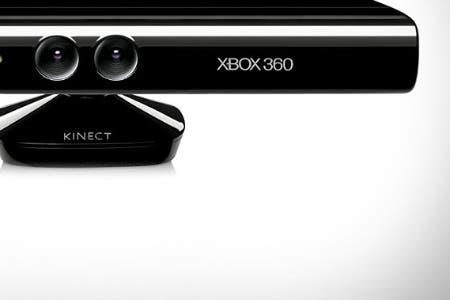



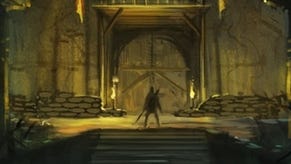
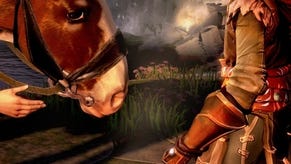

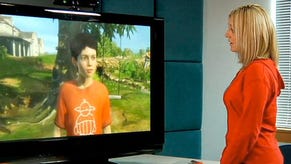
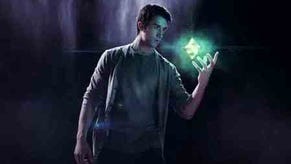
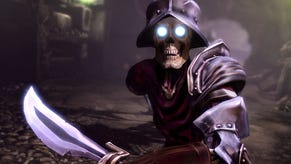

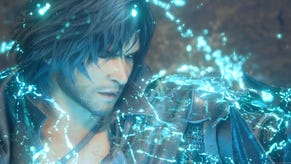

-3-31-23-screenshot.png?width=291&height=164&fit=crop&quality=80&format=jpg&auto=webp)



